The Hidden Symbolism You Never Saw in the Book of Ruth
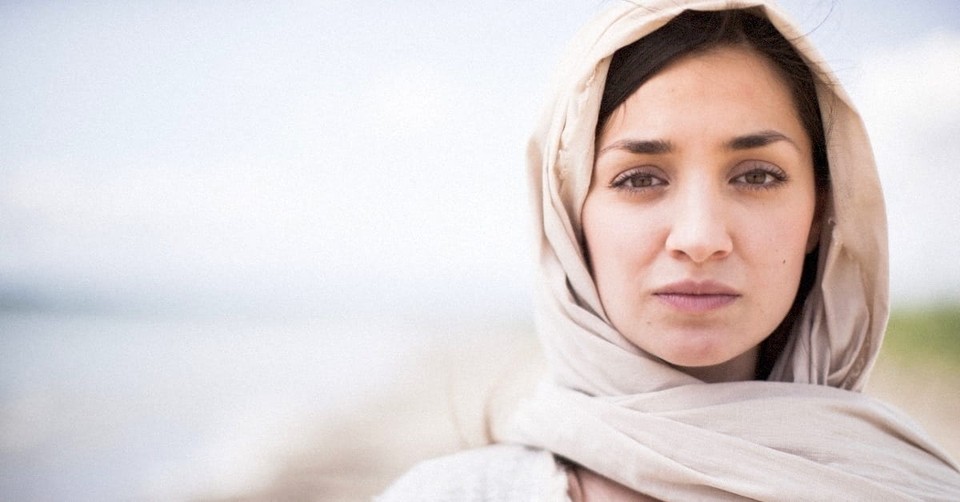
The book of Ruth is such a touching love story and such a charming tale of emptiness to abundance that we can easily think there is nothing more to it. Naomi loses her husband, her sons, and her joy, but one of her daughters-in-law sticks with her, gets married, and gives her a grandson. Boaz is one of the good guys and does the right thing even though he risks losing the woman he loves—but he wins her anyway. Ruth is bereaved and bereft, but then meets a man who is kind to her and who ends up redeeming and marrying her. They all live happily ever after.
There is, however, more going on here.
Photo courtesy: ©Lightstock
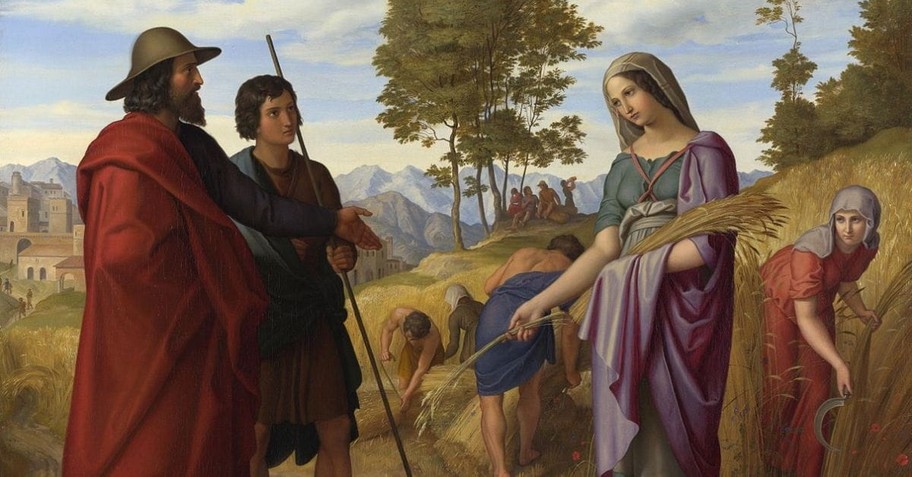
More Than a Love Story
From a historical point of view, Ruth is a crucial hinge in the story of Israel, marking the transition from the age of the judges to the age of the kings (which the writer highlights by starting the book with “in the days when the judges ruled,” and finishing it with the word “David.”).[1] From a Christian point of view, the first two explicit Old Testament references to King David are in this book, and the way in which Ruth, as a Gentile woman, gets incorporated into Israel—through the kindness and redemption of a man from the tribe of Judah—has encouraged the church for centuries. And from a musical point of view, it is another exodus story. It is also, in many ways, an upside-down one.
Photo courtesy: ©Thinkstock
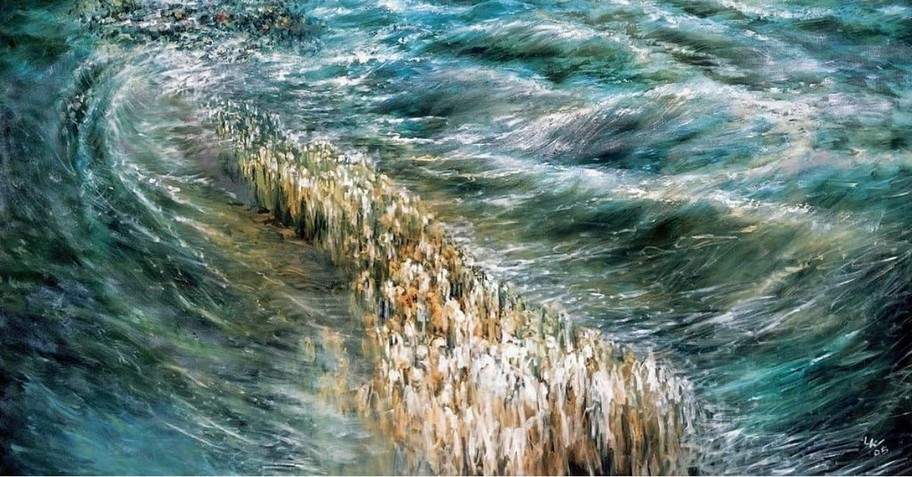
A Clear Exodus Shape
Naomi is Israel. Famine is in the land, so she and her husband leave for a foreign country, where they are initially able to find food. But the place of plenty becomes a place of death to her: first her husband, Elimelech, then her sons, Mahlon and Chilion, die in Moab. While there, she hears that her homeland is now a place of abundance, so she leaves the foreign country to return home, taking her two (foreign) daughters-in-law with her. On the journey, the older one turns back, while the younger one continues toward the land, and they finally arrive in Bethlehem, the “house of bread.” This story has a clear exodus shape.
Photo courtesy: ©Thinkstock
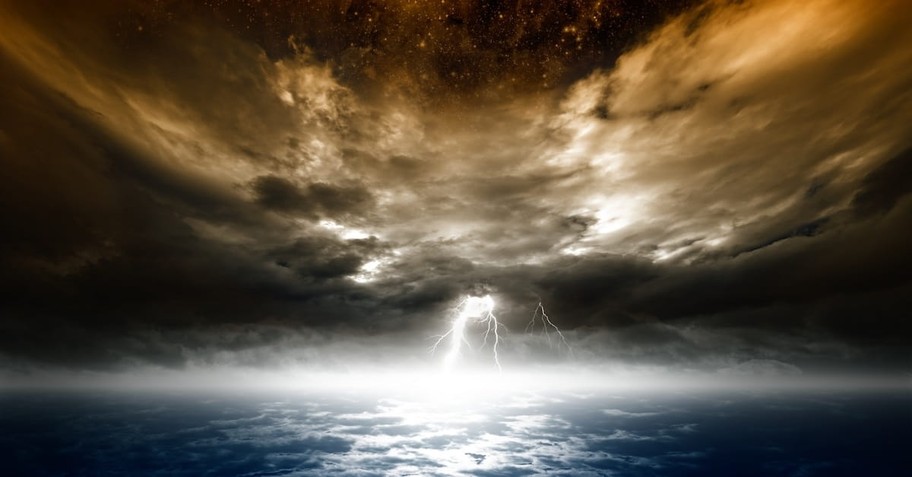
An Exodus Gone Wrong
Yet it is an exodus gone wrong, an exodus with a bitter twist. When Israel went down to Egypt to avoid famine, they multiplied and became numerous, and food and drink were supernaturally provided as they approached the land owing with milk and honey. When Abraham, Isaac, and Jacob went abroad, they became wealthy, and returned home with prosperity and abundance. Exodus stories are supposed to involve people going out empty and coming back full.
Photo courtesy: ©Thinkstock
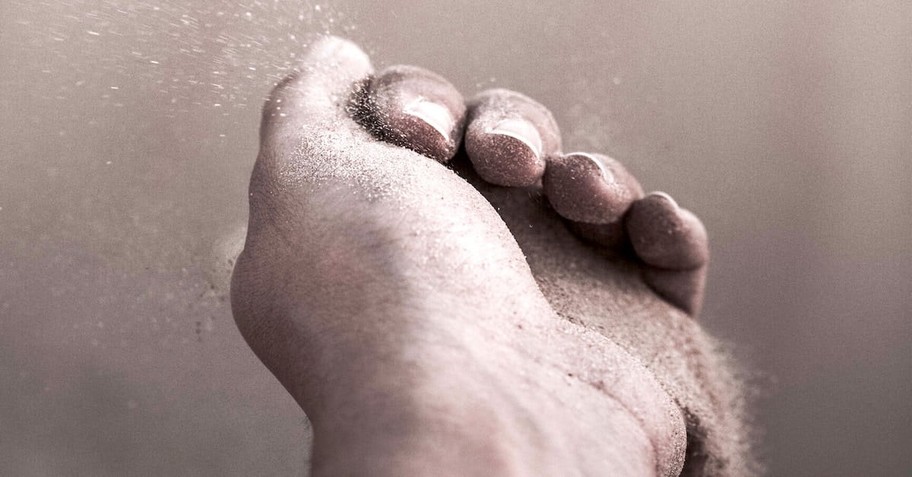
Coming Back Empty?
But Naomi’s exodus is not like this. “I went away full, and the Lord has brought me back empty,” she laments (Ruth 1:21). She has lost her husband and her sons. She is unable to have more children. She is in need of food and land. She is so desperate that she gives herself a new name: “Do not call me Naomi; call me Mara, for the Almighty has dealt very bitterly with me” (Ruth1:20). We hear darker notes than we are used to in exodus stories. The melody of redemption has been soured.
Photo courtesy: ©Thinkstock

The God of the Exodus Has Gone Quiet
In many ways, Naomi’s confusion reflects the state of Israel in the period of the judges. We have had our exodus, Israel might think, and we are now back in the land—but we are not living in the abundance we had hoped for. We are widowed. We face death every day. Our food, our children, our land, and our dignity are being taken by our enemies (think of Gideon in the winepress, for instance). The Lord has dealt bitterly with us. The God of the exodus has gone quiet. Where is his mighty hand or his outstretched arm? How long, O Lord?
Photo courtesy: ©Unsplash
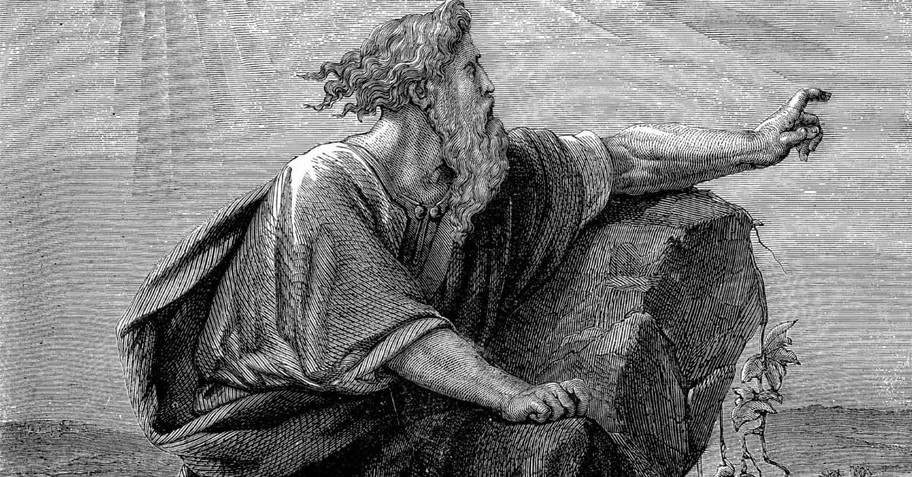
Redemption Reveals More Exodus Connections
When redemption eventually comes, it comes in a way that reveals all sorts of other exodus connections. Naomi is redeemed as she incorporates a foreign nation (in the form of Ruth) into her family, just as Israel was. Boaz, the redeemer, insists that the poor and the sojourner should be able to glean freely from the grain fields and invites Ruth to eat and drink at his table, just as the Lord did. Ruth ends up with far more food than she could possibly have gained for herself, thanks to the generosity of her redeemer, just as Israel did. Boaz redeems Ruth in order that he might marry her, just as God did with Israel.
Photo courtesy: ©Thinkstock

The Language of “Wings”
One of the subtler echoes of the exodus is the language of “wings.” As Israel arrives at Sinai having just been led out of Egypt, God describes their rescue like this: “You yourselves have seen what I did to the Egyptians, and how I bore you on eagles’ wings and brought you to myself” (Ex. 19:4). As if to symbolize this, the cherubim that guard the ark of the covenant are built with outstretched wings, and the Song of Moses pictures God leading Israel like an eagle leads its young, “spreading out its wings, catching them, bearing them on its pinions” (Deut. 32:11).
Photo courtesy: ©Unsplash
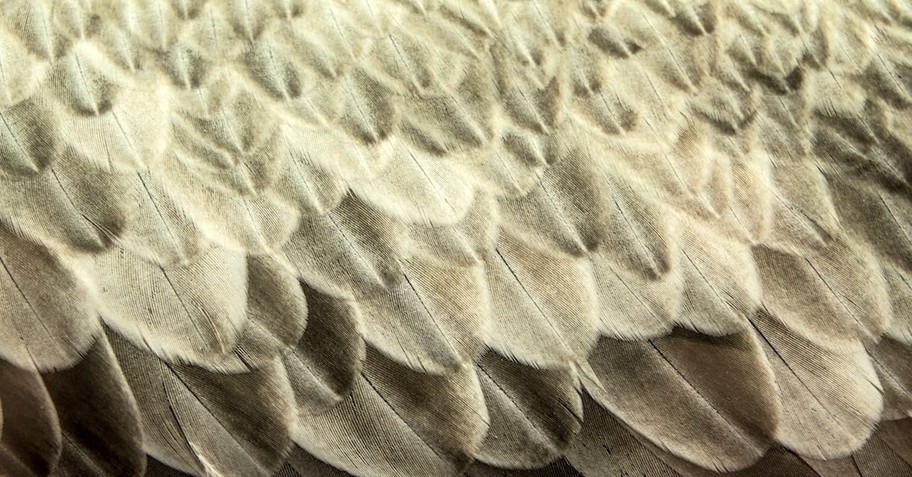
God’s Wings as Seen through Boaz
God’s wings disappear in Joshua and Judges, only to reappear again here, as Boaz describes Ruth’s quest for safety in God: “[May] a full reward be given you by the Lord, the God of Israel, under whose wings you have come to take refuge” (Ruth 2:12). The God whose wingspan provides protection until the raging storm has passed by is present to bless Ruth and deliver her, as he was with Israel as they left Egypt. Ruth gets the point, and in that famous scene when she asks Boaz to redeem her, she urges him, “Spread your wings over your servant, for you are a redeemer” (3:9). Israel could have said exactly the same thing as they fled Pharaoh. The God of the exodus is back.
Photo courtesy: ©Unsplash
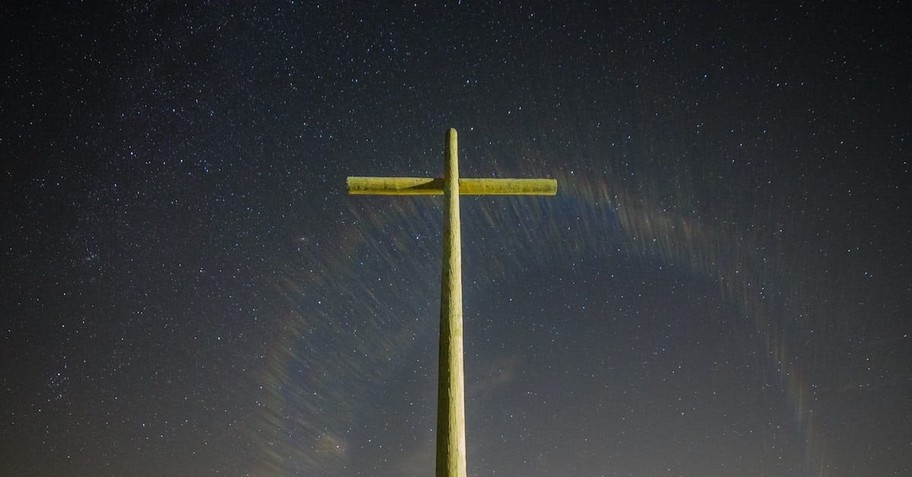
God’s Redemption of Israel (from Egypt); Christ’s Redemption of Us (from Sin)
As the book reaches its conclusion, and the redemption of Ruth and Naomi is accomplished, we finally see how the musical themes in Ruth parallel not just the Lord’s redemption of Israel from Egypt, but Christ’s redemption of his people from sin. Like Ruth when she first meets Boaz, we are outsiders when we first meet Jesus: homeless, estranged, hungry, and empty. We come to him because we’ve heard that he is worthy, a man who blesses those in search of food and lifts the needy from the ash heap (1 Sam. 2:8). He says to us, as Boaz essentially says to Ruth, “Don’t go anywhere else. Keep close to me, and I’ll make sure you’re looked after.”
Photo courtesy: ©Unsplash
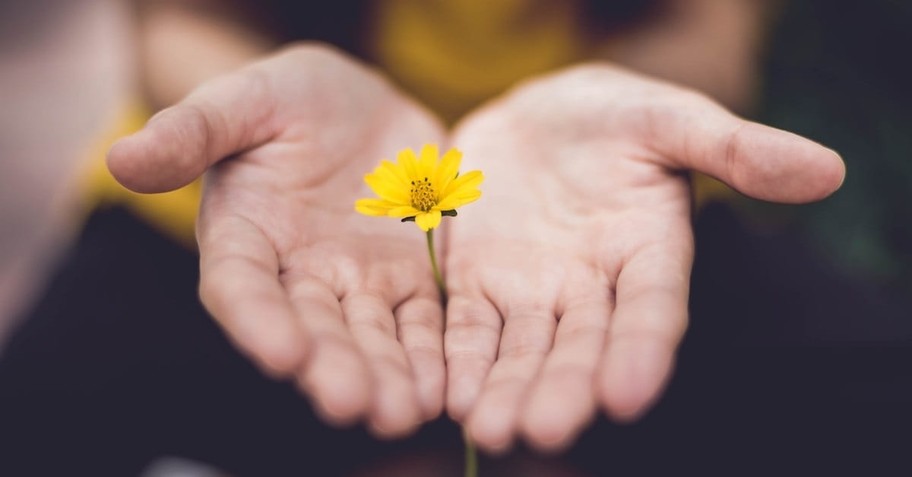
He Rescues Us with Joy — to Redeem and to Marry
We look shocked, like Ruth, and ask: “Why have I found favor in your eyes, that you should take notice of me, since I am a foreigner?” (Ruth 2:10). Christ says to us: “The Lord repay you for what you have done, and a full reward be given you by the Lord, the God of Israel, under whose wings you have come to take refuge!” (2:12). He invites us to his table: Here, take bread, and dip it in the wine. We accept and lie down at his feet, asking for his wings of safety to cover us. He rescues us with joy and commits not just to redeem but also to “marry” us. And when those around us see the results of the gospel in our lives, they say what the women say to Naomi: “Blessed be the Lord, who has not left you this day without a redeemer!” (4:14).
Photo courtesy: ©Unsplash

In the End, the God of the Exodus Brings a “Happily Ever After”
For all the anguish of loss and displacement and waiting, Naomi ends the story no longer empty but full: “A son has been born to Naomi” (Ruth 4:17). So does Ruth, her outsider, widowed, Gentile daughter-in-law. So does Boaz, the worthy man who becomes the great-grandfather of David.
So do we.
Content taken from Echoes of Exodus: Tracing Themes of Redemption through Scripture by Alastair J. Roberts and Andrew Wilson, ©2018. Used by permission of Crossway, a publishing ministry of Good News Publishers, Wheaton, Il 60187, www.crossway.org.
[1] Thanks to Peter Leithart for this point. See his articles: “When Gentile Meets Jew: A Christian Reading of Ruth and the Hebrew Scriptures,” Touchstone Magazine, May, 2009, http://www.touchstonemag.com /archives/article.php?id=22-04-020-f and “The Structures of Ruth,” Biblical Horizons Newsletter 45, January 1993, http://www.biblical horizons.com/biblical-horizons/no-45-the-structures-of-ruth/.
Photo courtesy: ©Unsplash
Originally published April 09, 2018.








